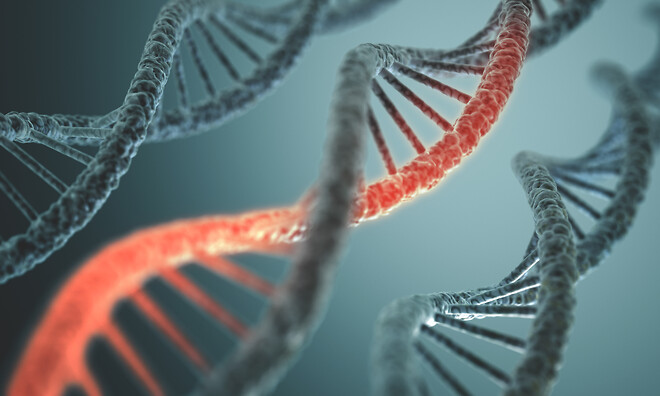Newly discovered gene variant linked to protection against abdominal obesity
Drug developer Alnylam and its partners have found the mutation in the so-called INHBE gene and have investigated its significance.
The findings are based on sequencing data from over 360,000 individuals in the UK Biobank and they have been published in Nature Communications. According to the study, the mutation in the gene, which is detectable in the liver, was found in every 587th person in the database and was a factor that contributed to a healthier distribution of body fat.
The researchers also studied the livers of monkeys with and without obesity and found a higher level of INHBE in the obese monkeys.
Alnylam now hopes that by “switching off” the gene, the risk of abdominal obesity can be reduced, and thus also of the sequelae that can be caused by obesity. In a comment, the company states that it is now testing its hypothesis to develop a drug candidate that targets the gene.
Professor Peter Arner at the Karolinska Institute in Huddinge, who has researched genes and obesity for several decades, has read the study.
“It is a well-made study based on a large amount of material. However, it is difficult to say what it means for understanding abdominal obesity and how to treat it. They may be right, but long-term studies are needed to draw safe conclusions,” he tells Life Science Sweden.
Peter Arner does not think that the study itself provides any clear evidence that the INHBE gene is a realistic treatment target to reduce the risk of abdominal obesity.
“The data is good, but the interpretation is slightly over-optimistic, I think.”
Artikeln är en del av vårt tema om News in English.

 Av
Av